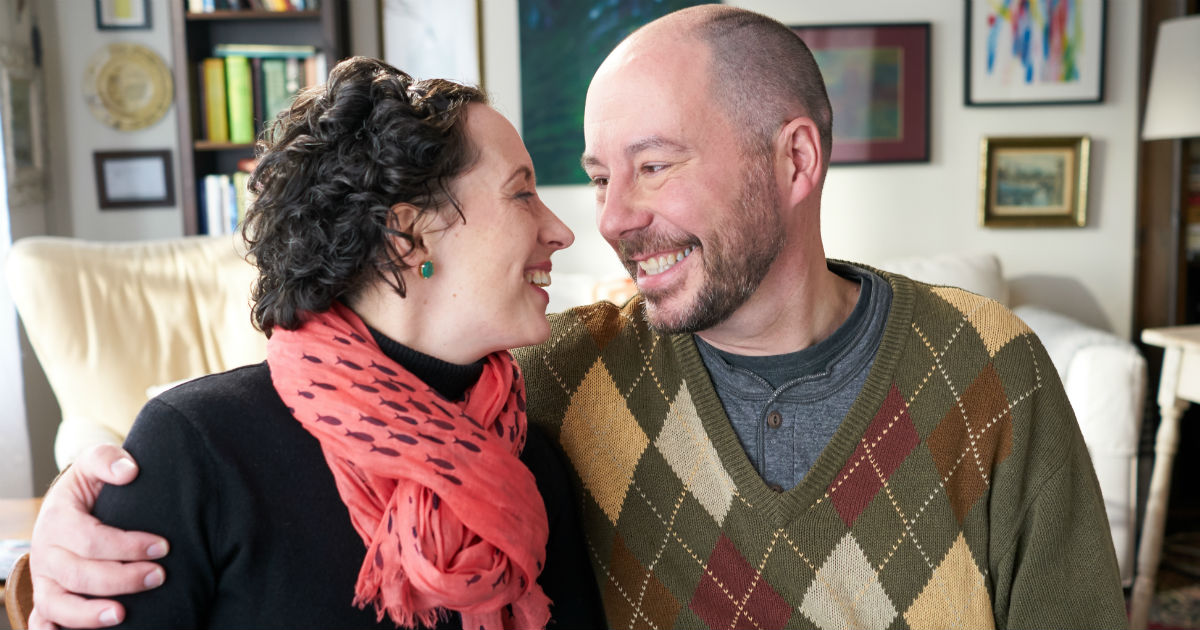
Empathy comes naturally to some people, but for many others, it may feel like a struggle. A Stony Brook University study found that just 20 percent of Americans are genetically predisposed to empathy. They’re the ones born with the gift of the emotional sensitivity that allows them to feel a stranger’s pain. The rest of us have to work a little harder to muster up the emotions that come with putting ourselves in another’s shoes.
Empathy is particularly important when helping a friend or loved one cope with a cancer diagnosis and treatment regimen. David Wakefield, PhD, Psychologist on the behavioral health team at Cancer Treatment Centers of America® (CTCA), Tulsa, explains why and offers tips on how to be more empathetic.
How is empathy learned?
Even when people don’t verbalize how they’re feeling, their body language offers clues. Pay attention to their facial expressions and body movements, and listen to the tone of their voice. Being empathetic means you may relate to the feelings and experiences of others. When listening to a loved one going through a difficult situation, be more aware of what you’re experiencing internally. Also, recall how you felt during a similar experience.
Why is it important to be empathetic with a loved one who has cancer?
The more social support people have while going through a crisis, the better they may be able to cope. To be empathetic means you’re making more of an effort than others and that you’re taking time to understand because you care. You’re opening up the channel of communication and building rapport and a greater level of trust with your loved one battling cancer. With that trust, your loved one is more likely to share deep feelings. In turn, that supportive relationship may help your loved one better handle the crisis at hand.
What are some steps you can take to be more mindful of expressing empathy during a loved one’s cancer journey?
- Accompany your loved one to doctor visits to make sure he or she understands what the provider is trying to communicate.
- Ask what you can do to help—and take the initiative to do things you know need to be done, such as preparing meals, cleaning the house and providing transportation.
- Do what you can to relieve the stress your loved one may be experiencing.
- Make an effort to stay connected to your loved one.
- Be present, listen intently and offer emotional support.
- Let your loved one share the changes and challenges that come with cancer.
What are some behaviors to avoid if you want to be more empathetic?
- Don’t take it personally if your loved one is irritable or grumpy. Irritability is a natural response for someone who is sick, hurting or not feeling well.
- Be careful not to over-invest yourself at the risk of draining your own emotions.
- Don’t expect your loved one to be able to do everything he or she did in the past, since 90 percent of cancer patients struggle with cancer-related fatigue.
- Don’t be judgmental or critical.
- Don’t become part of the problem. Remain part of the solution.
Learn how animal therapy may help reduce stress and anxiety.
